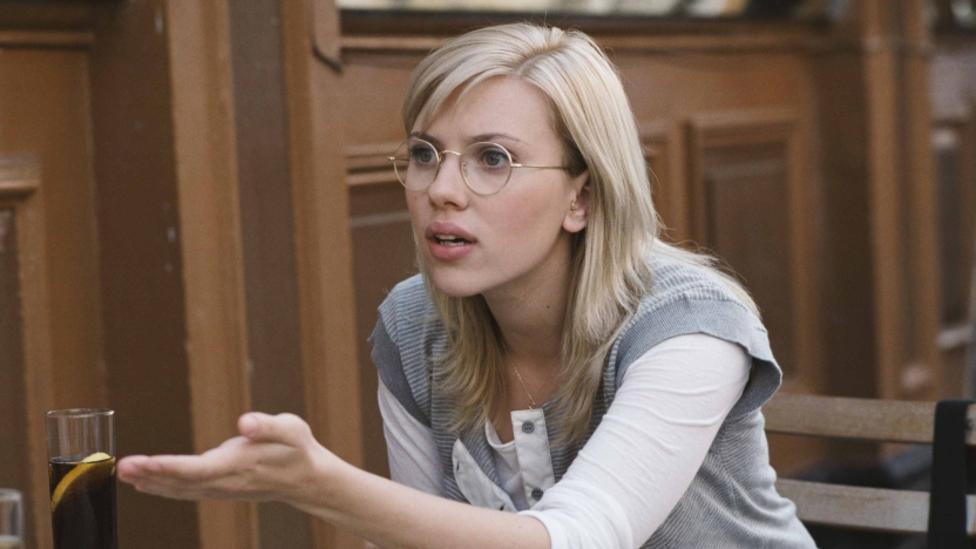
Saying that filmmaker Woody Allen is controversial would be an understatement. From his personal life to his large number of films, Allen grabs attention. He has directed, acted in, and written a ridiculous amount of films (according to Box Office Mojo, Allen’s films have grossed a total of more than $575 million), and for as many good films as Allen has made, he has made just as many bad ones.
Allen casts himself as the leading man in both his absolute best and worst films. For instance, Allen starred in “Manhattan” (1979) and “Annie Hall” (1977), giving them a certain charm, but he also starred in “Hollywood Ending” (2002) and “The Curse of the Jade Scorpion” (2001), which contributed to their downfall. Sometimes the role of the quirky, unsure writer is completely relatable and charming, but lately it comes off as grumpy, outdated, and downright annoying.
The famed but controversial director also has a knack for creating some of his worst in-between producing some of his best. “Blue Jasmine” (2013), probably the best among his newer films, is sandwiched by “To Rome With Love” (2012) and “Magic in the Moonlight” (2014), which are some of his worst. While “A Midsummer Night’s Sex Comedy” (1982) is one of Allen’s least beloved, it is bookended by two of his most, “Stardust Memories” (1980) and “Zelig” (1983).
Allen has offered his audience both a terrible movie and a wonderful movie, on and off, since he began making films. And usually, audiences can rely on a great cast, no matter how good or bad the movie may be. Penelope Cruz, Alec Baldwin and Mia Farrow are just some of the few who are in both his best and worst movies. When the movie is great, the cast just makes it greater, and when the movie is bad, seeing an underutilized cast makes it worse.
His best movies are filled with strong and complex characters, especially female characters, such as Annie Hall played by Diane Keaton, and Jasmine played by Cate Blanchett; these roles earned both actresses an Oscar for Best Actress. And conversely, his worst movies feature terrible and unrealistic female roles, including young, dumb, nymphette type characters.
Most of his worst movies have a dreadful combination of these traits: terrible and reductionist female characters, a misused all-star cast, Allen himself terribly starring as a curmudgeonly character, and are created in-between Allen’s best films, making them seem even worse. Without further ado, here are some of Allen’s worst films.
1. Shadows and Fog (1991)
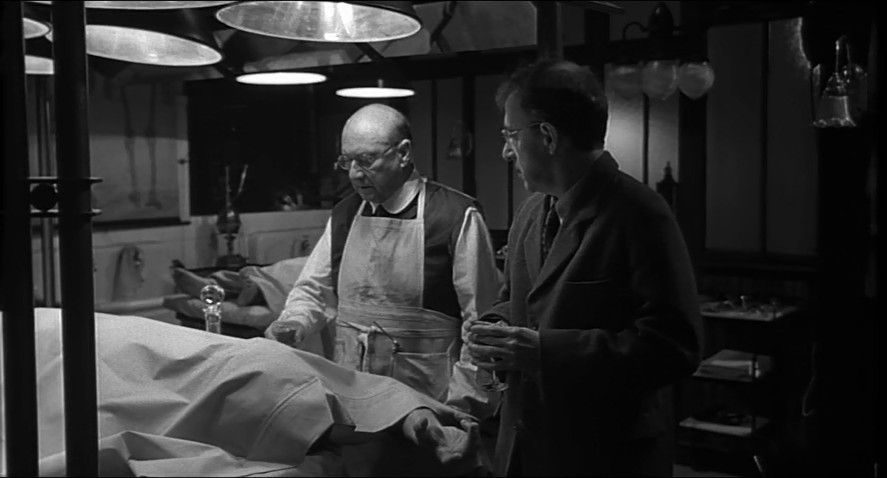
“Shadows and Fog” is exquisitely shot but a complete mess. It was supposed to be a homage to German expressionist filmmakers, such as Fritz Lang, and to the writer Franz Kafka, but it only achieved that in the filmmaking technique.
The Washington Post wrote that the film has “an amiable ramble through some of Allen’s favorite themes and European film movements,” but also that it was flat. There was nothing terribly exciting or entertaining about the plot.
Max Kleinman (played, of course, by Allen) is woken in the middle of the night by a mob of vigilantes imploring him to help them catch a serial strangler.
The film is mostly Kleinman walking aimlessly around the city trying to catch a serial killer without much of a resolution. It is reminiscent of movies like “M” (1931) or “The Cabinet of Dr. Caligari” (1920), but it didn’t pack a punch. It was a sweet homage, but a weak one.
2. Don’t Drink The Water (1994)
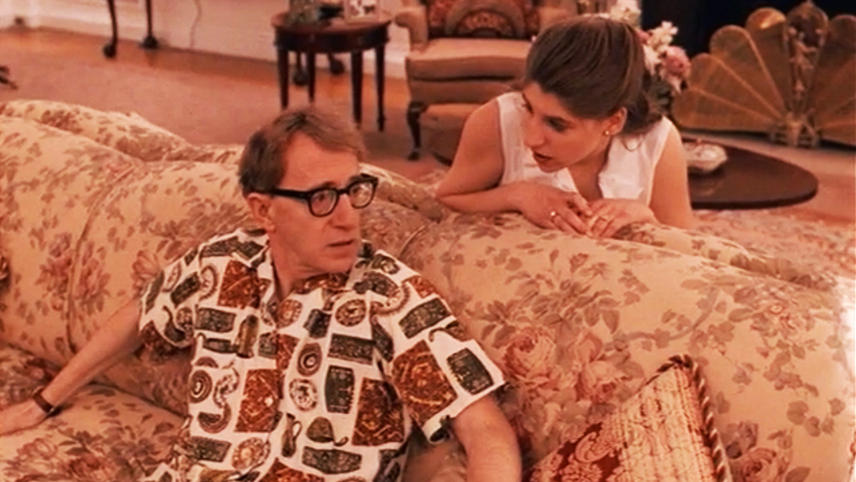
“Don’t Drink The Water” is actually based on a 1966 play and was first a theatrical version in 1969, starring Jackie Gleason. Allen, unhappy with the first version, decided to make a second version in 1994.
A family of American tourists are mistaken for spies and trapped behind the Iron Curtain, while an inept U.S. diplomat (played by Michael J. Fox) tries to romance the daughter (played by Mayim Bialik). It’s essentially a three-decade old story told in an unsatisfying way. The film feels as outdated as it actually is.
3. The Curse of the Jade Scorpion (2001)
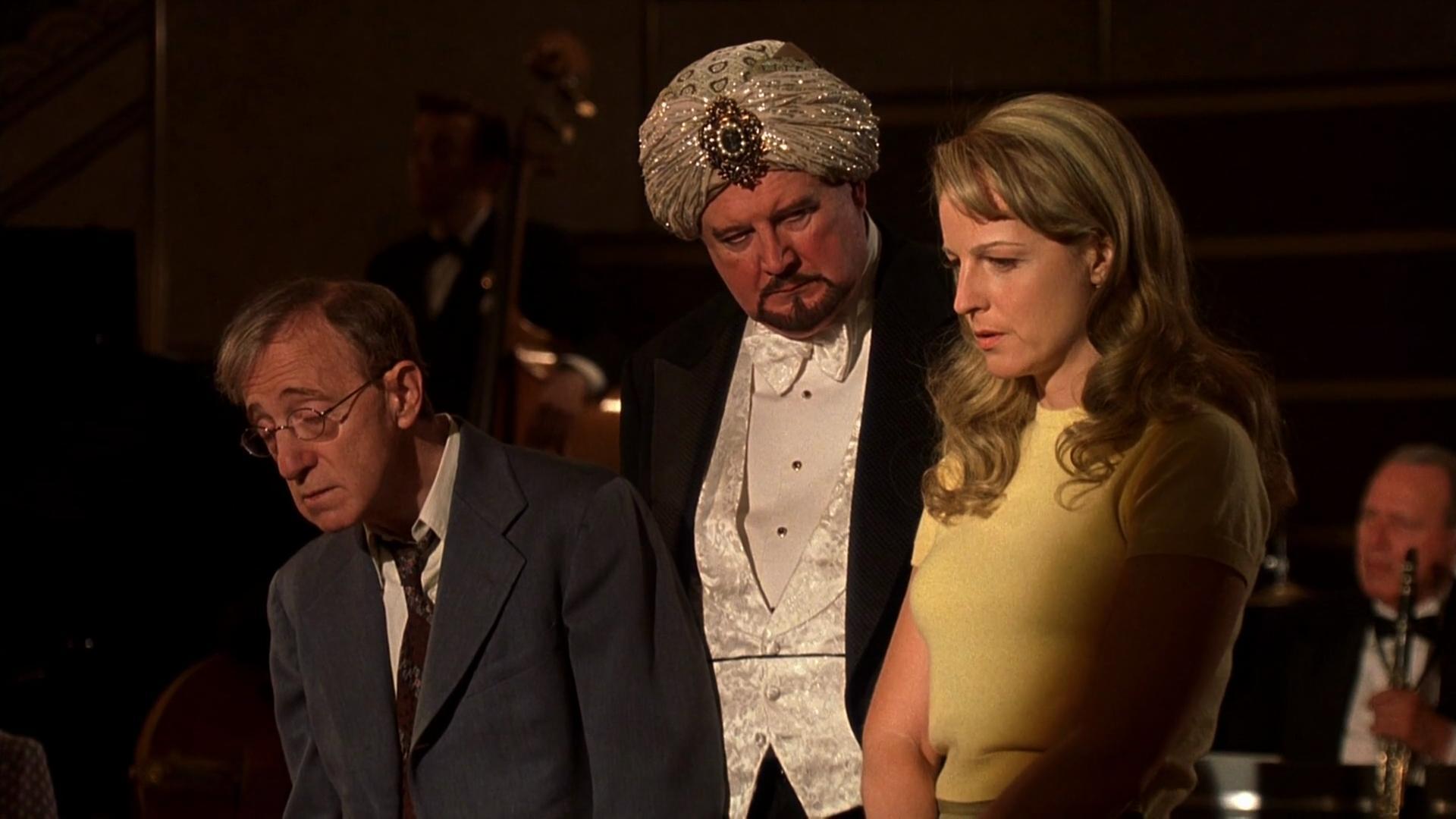
There’s nothing like using hypnotism to convince a woman that she loves you. Allen has several movies that include magical themes, particularly stage magic, but none of them have turned out well. Some of those films include “Magic in the Moonlight” and “Scoop”, but perhaps the worst among them is “The Curse of the Jade Scorpion”. Allen casts himself as C.W., the top insurance investigator in New York, a man who’s able to crack any case. It was actually an interesting plot, but it was carried out terribly.
C.W. and his work rival Betty Ann (played by Helen Hunt) are hypnotized on stage by a cunning magician and given the suggestion that they are in love, but more importantly, that they should steal for him. They end up falling in love in real life, somehow, and end up catching the real thief.
Hunt’s role as Betty Ann serves both the ideals of a crazy and irrational but ultimately unexperienced work vixen, and the demure, lovestruck romantic interest. She is both willing to have C.W.’s character pretend to hypnotize him into loving her and her boss and lover (played by Dan Aykroyd) command her to give up her career.
The movie is a throwback to a more sexist era and a nostalgic take on the power of women. Even Allen said it was one of his worst.
4. Hollywood Ending (2002)
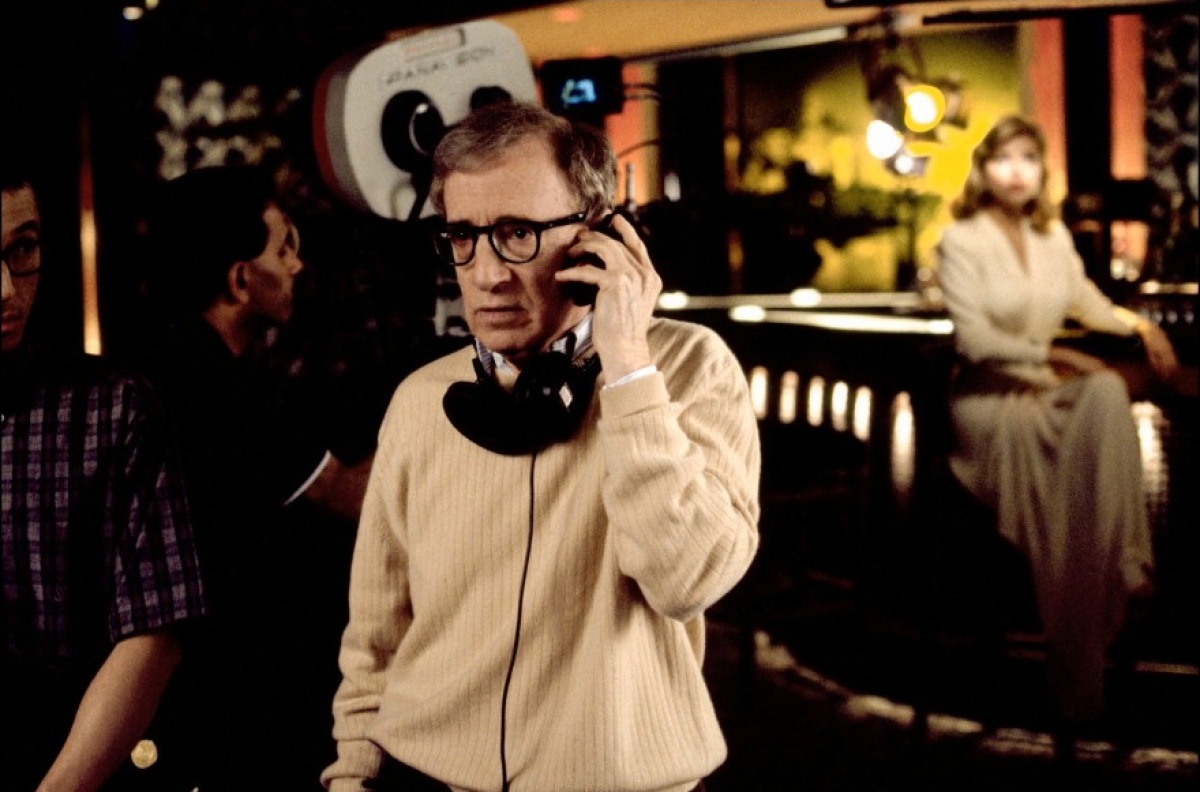
“Hollywood Ending” is the story of a fading director, played by Allen himself, desperate for money and another great movie hit, who’s forced to work his ex-wife (played by Téa Leoni) and the studio executive that stole her from him.
The day before shooting, the director develops a psychosomatic blindness that both inhibits and strengthens his filmmaking. Leoni was the best part of this film, but was still too weak of a character to save it. The plot was incredibly weak, and both too quirky and not quirky enough to be a full length film.
In fact, this film is so incredibly meta. The film in “Hollywood Ending” ends up costing a large amount of money and completely flops, much like “Hollywood Ending” did in real life. In the end, he somehow wins back his ex-wife and the French end up loving his film, which he touts as his own “hollywood ending.” However, it’s hard to imagine that Allen somehow got his own “hollywood ending” from this disaster. But in real life, nobody, including the French, was a fan.
5. Anything Else (2003)
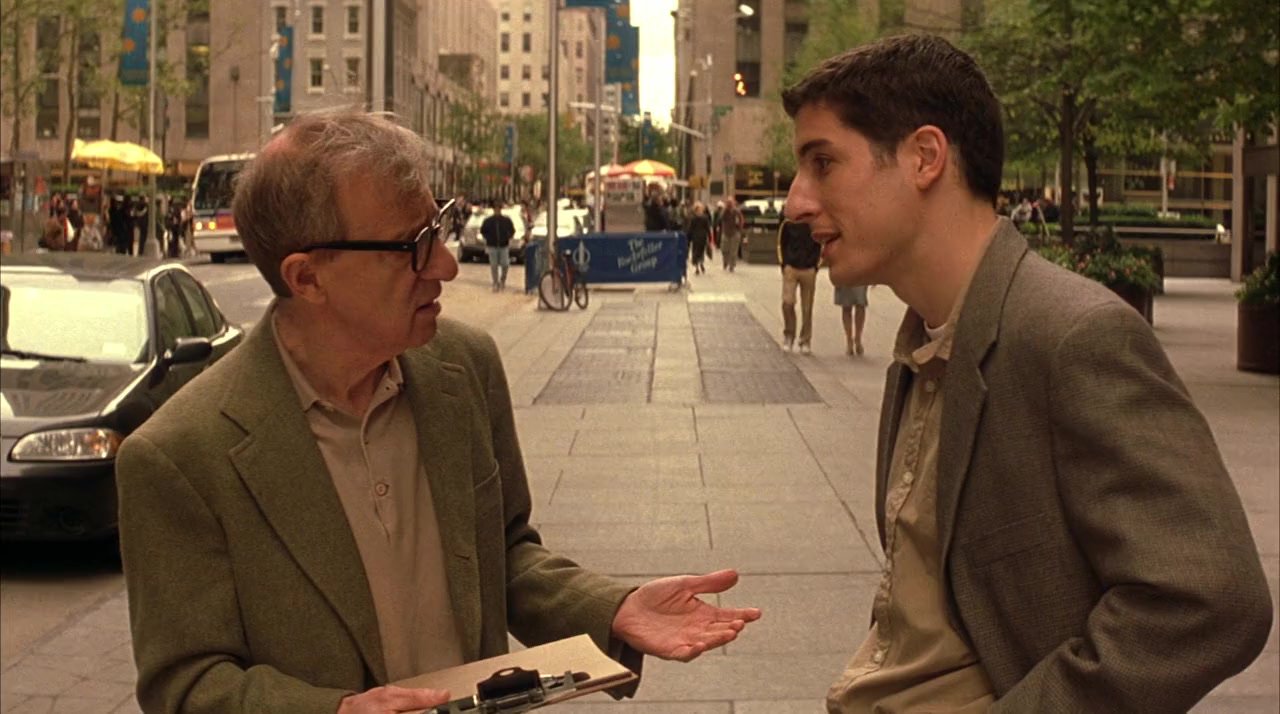
It’s already an overplayed plot. A writer named Jerry (played by Jason Biggs) is living and struggling with his girlfriend in New York. Then Jerry falls in love with Amanda (played by Christina Ricci). Instead of breaking up with his current girlfriend or ending the affair with Amanda, Jerry turns to an older struggling artist to act as his love guru (played by Allen). And of course, Amanda’s mother wants to move in. Mothers-in-law, am I right?
Allen recycles so many themes in this film, it’s like he took all of the bad and annoying plot points from others and stuck them together. Going to Woody Allen for love advice is already a bad idea and if the casting of Jason Biggs didn’t tip you off enough, there are few redeeming qualities about this one. It’s neither funny nor inspiring. However, Quentin Tarantino did call it one of his favorite films since 1992.